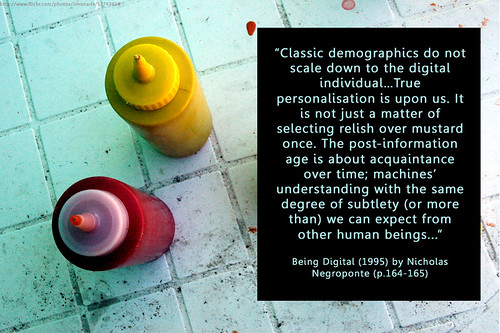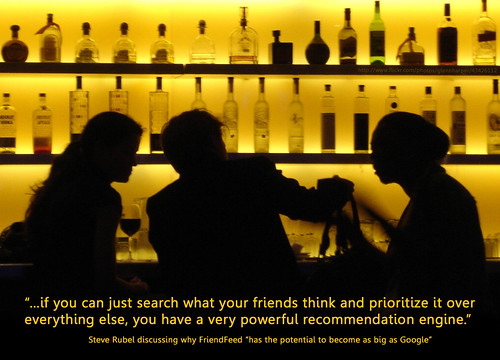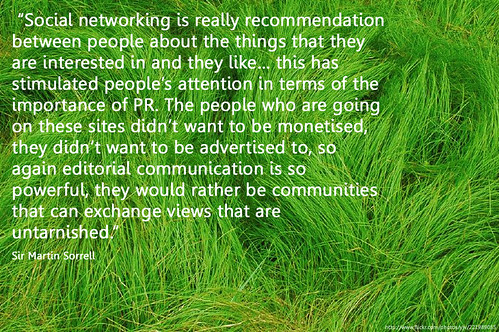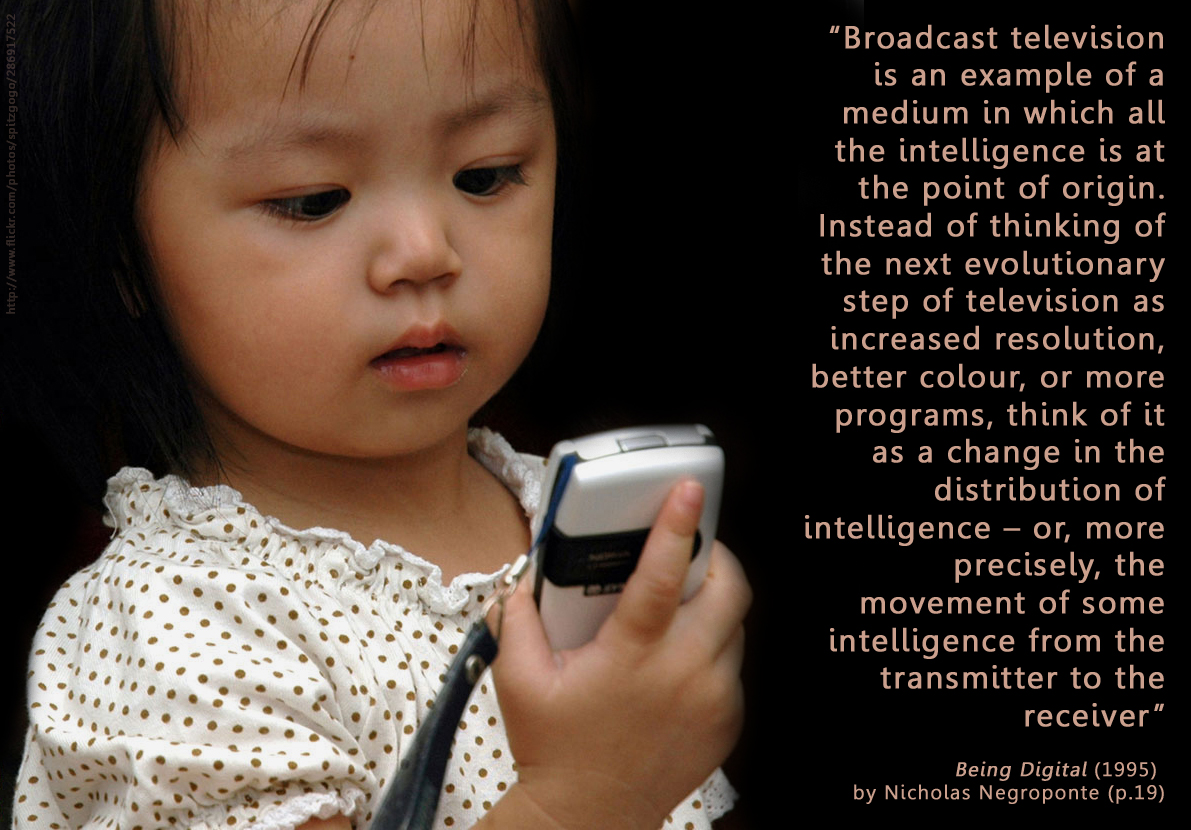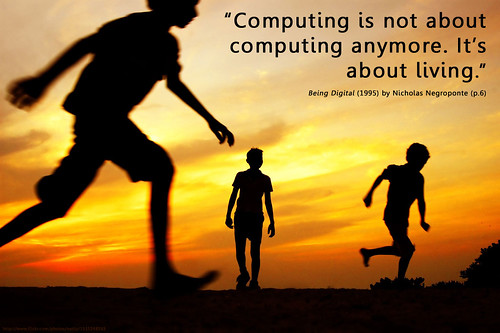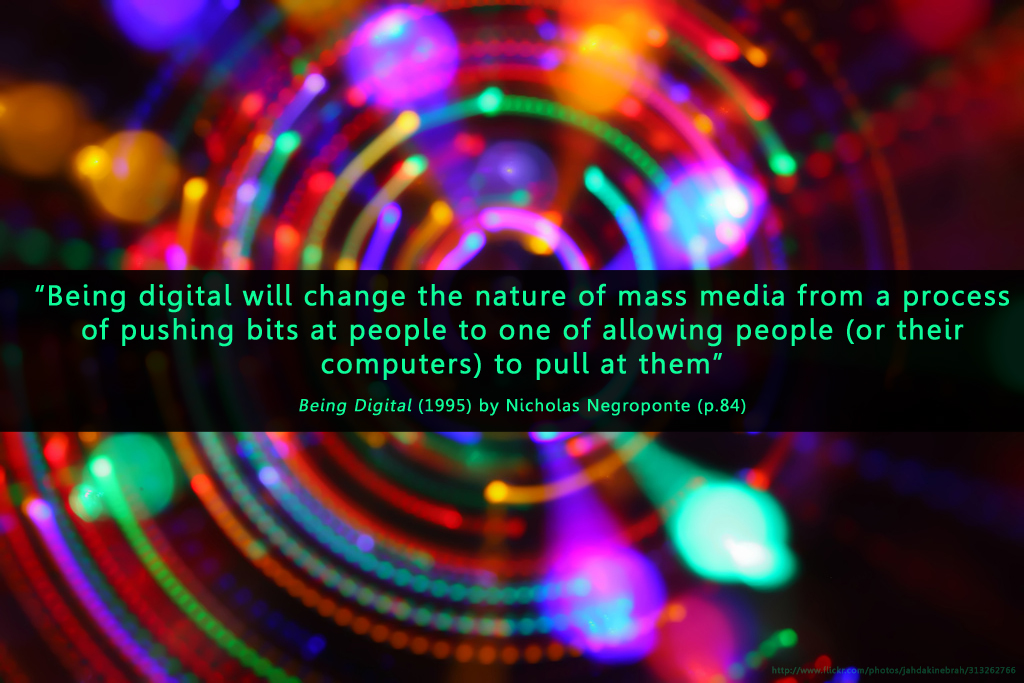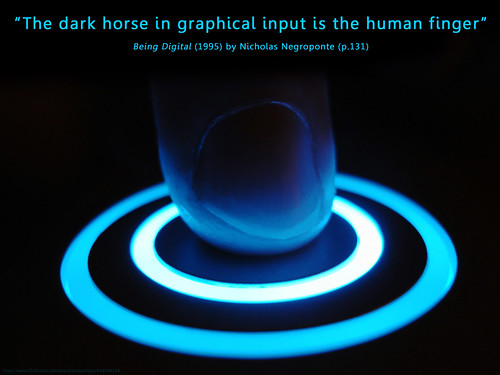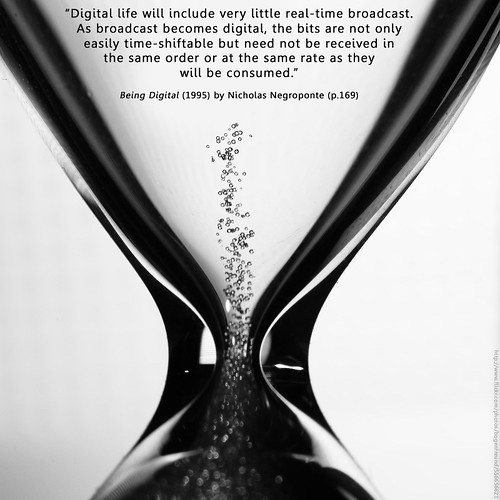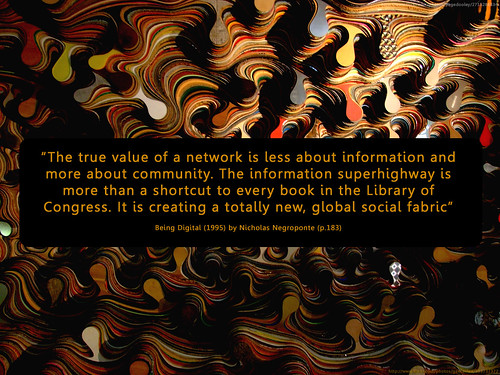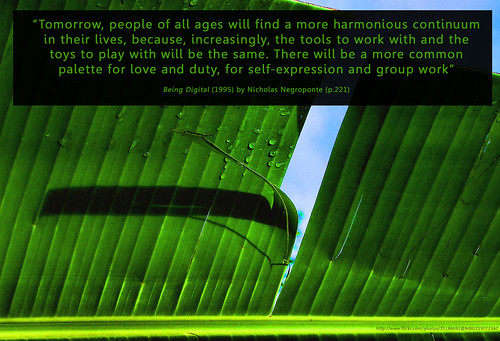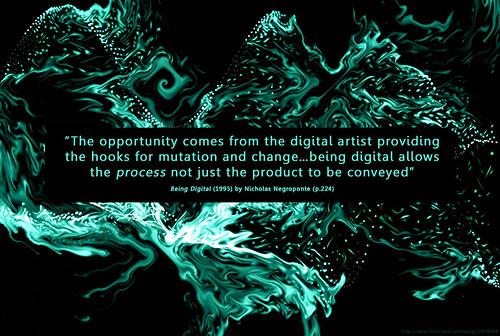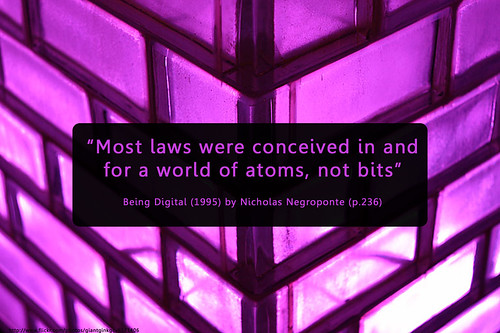The short version of this post is:
Selling on social networks can only be a by-product (hence the title 'buy-product'. Geddit? Oh dear, I am sorry) of the activities occurring on those sites, never a primary activity.
The long version is this:
In market economies there are two big problems with information: it's (occasionally)* inadequate and it's superabundant.
Why is information inadequate? Because you only know how good something is after you have bought it, so how do you choose between alternatives?
Why is there too much information? Because everyone wants a slice of the pie making those alternatives and the market gets flooded with products or services and thus information about those. (How do you choose between one-hundred types of olive oil? You don't for the most part. It's crippling. You move on.)
Add in the fact that this competition strips profits to the bone and you have three pretty good reasons for why brands should (and do so successfully) exist: to remove doubt about quality and ease the process of otherwise crippling choice for people who want to buy stuff, and pump scarcity (and thus juicer profits) back into things for people who want to sell stuff.
However, in the spirit of several recent books, solutions to the problem of inadequate and superabundant information can also be solved by [dramatic pause] other people. And more effectively because trust in other individuals is second only to personal experience itself.
Other people can literally 'test' products and services for you before you buy them yourself (by buying them themselves) and help narrow down the choice for you (by having had to narrow down the choice for themselves.)
People have probably been doing this since information in markets got to be doubly-dodgy. Nothing new in the behaviour. It even has a 5-syllable name: recommendation.
However, what might be new is that hitherto implicit recommendation could be made explicit and more useful with a dash of digital. Making stuff explicit seems to me to be the formula of the successful things in recent web (Facebook makes social relationships explicit, blogs records thoughts that would otherwise only exist in conversation or the mind, LastFM records the wake of your audio, StumbleUpon ossifies your digital discoveries etc.)
How would this work? Social networks would allow self-expression at a much finer level of detail allowing libraries of music, films, books, clothes**, etc that people have honed (not harvested automatically, which was the problem with Beacon). (Eventually content could be brought within such networks, so they operates as hubs of digital content.)
This in itself could present recommendations based on content (like iTunes Genuis) but also those made by other people in your group of friends. These recommendations wouldn't really be recommendations but comments/ratings tagged onto things by people. 'This track is awesome' could be really useful from someone who you (or your computer) knows you share taste with.
Picture time:
One of the nice things about such a system is that it's lovely for people, providing stuff they might be interested in. However, there is also an opportunity here for social networks.
Another picture first:
And now I am going to quote myself, which is probably a bit wanky but here we go from a few posts back:
* I put 'occasionally' in brackets because as soon as information is partially inadequate it gets perceived at wholly inadequate.
** Self-generated recommendations will probably work for clothes; other-generated recommendations won't work as well. People like their clothes to be different (but not too different) from their peers.
Selling on social networks can only be a by-product (hence the title 'buy-product'. Geddit? Oh dear, I am sorry) of the activities occurring on those sites, never a primary activity.
The long version is this:
In market economies there are two big problems with information: it's (occasionally)* inadequate and it's superabundant.
Why is information inadequate? Because you only know how good something is after you have bought it, so how do you choose between alternatives?
Why is there too much information? Because everyone wants a slice of the pie making those alternatives and the market gets flooded with products or services and thus information about those. (How do you choose between one-hundred types of olive oil? You don't for the most part. It's crippling. You move on.)
Add in the fact that this competition strips profits to the bone and you have three pretty good reasons for why brands should (and do so successfully) exist: to remove doubt about quality and ease the process of otherwise crippling choice for people who want to buy stuff, and pump scarcity (and thus juicer profits) back into things for people who want to sell stuff.
However, in the spirit of several recent books, solutions to the problem of inadequate and superabundant information can also be solved by [dramatic pause] other people. And more effectively because trust in other individuals is second only to personal experience itself.
Other people can literally 'test' products and services for you before you buy them yourself (by buying them themselves) and help narrow down the choice for you (by having had to narrow down the choice for themselves.)
People have probably been doing this since information in markets got to be doubly-dodgy. Nothing new in the behaviour. It even has a 5-syllable name: recommendation.
However, what might be new is that hitherto implicit recommendation could be made explicit and more useful with a dash of digital. Making stuff explicit seems to me to be the formula of the successful things in recent web (Facebook makes social relationships explicit, blogs records thoughts that would otherwise only exist in conversation or the mind, LastFM records the wake of your audio, StumbleUpon ossifies your digital discoveries etc.)
How would this work? Social networks would allow self-expression at a much finer level of detail allowing libraries of music, films, books, clothes**, etc that people have honed (not harvested automatically, which was the problem with Beacon). (Eventually content could be brought within such networks, so they operates as hubs of digital content.)
This in itself could present recommendations based on content (like iTunes Genuis) but also those made by other people in your group of friends. These recommendations wouldn't really be recommendations but comments/ratings tagged onto things by people. 'This track is awesome' could be really useful from someone who you (or your computer) knows you share taste with.
Picture time:
One of the nice things about such a system is that it's lovely for people, providing stuff they might be interested in. However, there is also an opportunity here for social networks.
Another picture first:
And now I am going to quote myself, which is probably a bit wanky but here we go from a few posts back:
"When people use Google, they're looking for information. When they use Amazon, they're buying (or researching). The ads are working here because people want information, it's welcome if its good enough.The point is that in the social space clumsy selling (ads) is not welcome: the communication gets tarnished by it, so it's ignored and disliked. But, that is not to say that selling as a by-product is out of the question. Links to things - and charging the producers a little for those links - suits everyone.
When they use Facebook (or any other social media) they're expressing, communicating and interacting with others (being social not being cognitive). The same ads aren't working here for the same reason you'd be a bit miffed if someone marched into the pub, dropped a sausage in your pint, yaddered on about how delicious they are and, by the way, how they are half-price at the moment."
* I put 'occasionally' in brackets because as soon as information is partially inadequate it gets perceived at wholly inadequate.
** Self-generated recommendations will probably work for clothes; other-generated recommendations won't work as well. People like their clothes to be different (but not too different) from their peers.

